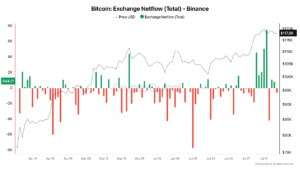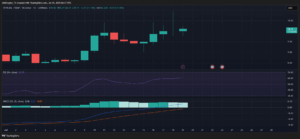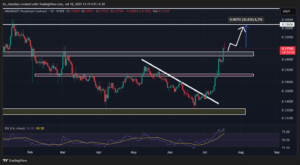Uterine Polyps: Is Surgery the Only Way or Is There a Game-Changing Alternative You’ve Been Missing?
How uterine polyps are treated often depends on your symptoms, age and menopause stage
While the exact cause of uterine polyps is unknown, your age and your body’s estrogen levels appear to play a role. Doctors will also consider your age and if you have begun menopause.
If you’re premenopausal and have no symptoms, your age can affect uterine polyp treatment
Premenopause is the time during prime reproductive years when you have your menstrual cycle and no symptoms of menopause. People under 20 rarely develop uterine polyps, but the chances increase as you age and peak in your 40s, just before the start of menopause (the transition into menopause usually begins between 45 and 55 years old). In many cases, uterine polyps won’t cause any symptoms, so a doctor may take a watchful waiting approach.














Post Comment